
Web3 Geek's Blog
Hey! Im Web3 Geek, your go-to enthusiast and analyst in the ever-evolving world of Web3 gaming.As a long time gamer and seasoned game developer,
I have a deep-seated passion for blockchain technology and its groundbreaking applications in gaming, I dive headfirst into the latest trends, games, and innovations that are reshaping the way we play and earn.As a fervent believer in the potential of decentralized gaming, my journey in this realm has been nothing short of exhilarating. From exploring the nuances of play-to-earn models to dissecting the intricacies of crypto-enabled gaming ecosystems, I am on a mission to bring you the most insightful and comprehensive coverage.So, gear up for an adventure through the landscapes of blockchain and gaming, where every post promises new knowledge, perspectives, and opportunities. Let's embark on this journey together and unlock the limitless possibilities of Web3 gaming!
What Is Web3 Gaming - Fully Explained
Imagine playing your favorite video game, but instead of earning meaningless points, you're gaining real-world value. That's essentially what Web3 gaming is all about. It's the new kid on the gaming block, blending traditional gaming with blockchain technology. Here, players can truly own their in-game assets thanks to things like cryptocurrencies and non-fungible tokens (NFTs).Smart contracts make transactions secure and transparent. So, while you are slaying dragons or building virtual empires, you are also part of a revolution. A revolution that is democratizing the gaming space, breaking down barriers, and creating a world where the line between virtual and real is beautifully blurred. Welcome to the exciting world of Web3 gaming, where play and profit go hand in hand.

How Do Web3 Games Work?
In Web3 gaming, I'm not just playing a game; I'm participating in a decentralized system where blockchain technology ensures transparency, security, and control over my in-game assets. Now, you're probably wondering, how do Web3 games work? Well, let's dive into the fascinating world of decentralized gaming.At the core of Web3 gaming is blockchain, a technology that serves as an incorruptible digital ledger. Game developers use this technology to create unique digital assets, known as nonfungible tokens (NFTs), which represent in-game items. These NFTs are stored in blockchain gaming platforms, ensuring their authenticity and giving me, the player, true ownership.But it doesn't stop there. Smart contracts, self-executing contracts with the terms of agreement directly written into code, regulate the transactions in Web3 games. They ensure secure and transparent transactions, whether I'm buying a new weapon or selling a rare artifact.One of the most exciting aspects of Web3 gaming is the play-to-earn (P2E) model. Unlike traditional games where I spend money on in-app purchases, in P2E games, I earn cryptocurrency rewards for my in-game achievements. It's gaming and earning all in one!Web3 gaming is truly a game changer. It's more than just fun; it's about empowerment. I'm not just a player; I'm an active participant in a decentralized economy. With Web3 gaming, I'm part of the revolution, reshaping the gaming industry one block at a time.
On Chain Technology Behind Web3 Games
I'm going to delve into the on-chain technology that powers these web3 games, providing a closer look at the unique features and challenges it presents. This cutting-edge digital technology is changing the world of gaming, making it more interactive, decentralized, and engaging.
On-chain technology behind web3 games is the backbone of the blockchain into gaming movement. It involves the use of distributed ledger technology to record every player action and data on-chain, rather than on a game server. Developers are writing game logic into smart contracts, making the gaming world transparent and immutable.But the journey isn't all rosy. The speed and scalability of blockchain can limit the types of games that can be built on-chain. Privacy can also be a concern, as player actions become transparent. There's also the issue of botting, where bots can play alongside players without centralized anti-cheating software.Yet, the potential of this technology is immense. Developers can reuse game logic, build interfaces, and create applications atop the game, making it a haven for creativity. Gaming DAOs include a decentralized structure, promoting user control and interaction. On-chain games offer digital permanence, meaning once a game is on-chain, it can function independently and has potential for long-term existence.Web3 games like Gods Unchained and Axie Infinity are living proof of the innovation and potential that on-chain gaming brings to the table. This unique blend of digital technology and gaming is making waves, pushing the boundaries of what's possible in the gaming world.
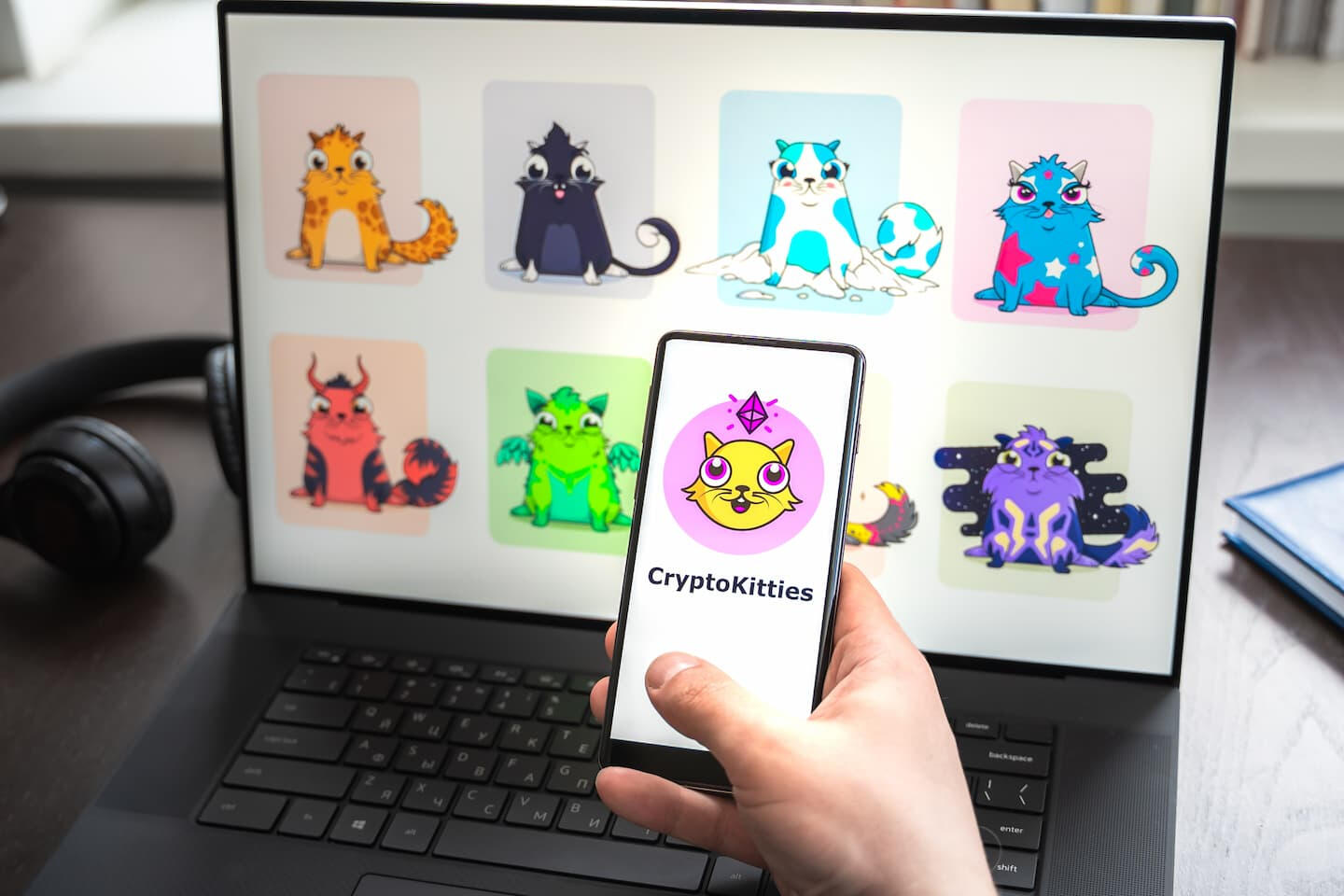
The Advantages of Web3 Games
Diving deeper into the world of Web3 gaming, let's explore the numerous advantages that this revolutionary gaming model offers to players like me. With its blockchain-based gaming systems, Web3 offers an unprecedented level of transparency and security. It's like being handed the keys to the gaming kingdom, with full control and ownership of in-game assets. Imagine owning a legendary sword in a game, and not just as a digital mirage, but as a real, tradable asset!One of the most tantalizing advantages of Web3 games is the ability to earn cryptocurrency while playing. It's not just about spending hours in a virtual world anymore; every achievement, every win can potentially line your digital wallet. The blockchain technologies that underpin these games also add an extra layer of credibility and veracity to the entire gaming process.The decentralized nature of Web3 games also brings players and developers closer together. It's a more collaborative environment where the lines between creators and users become blurred, leading to more immersive and interactive gaming experiences.The future of web gaming lies in this model, with its potential to democratize the gaming world. Web3 gaming can revolutionize the virtual landscape, turning players into stakeholders and creating a dynamic, engaging, and rewarding environment.
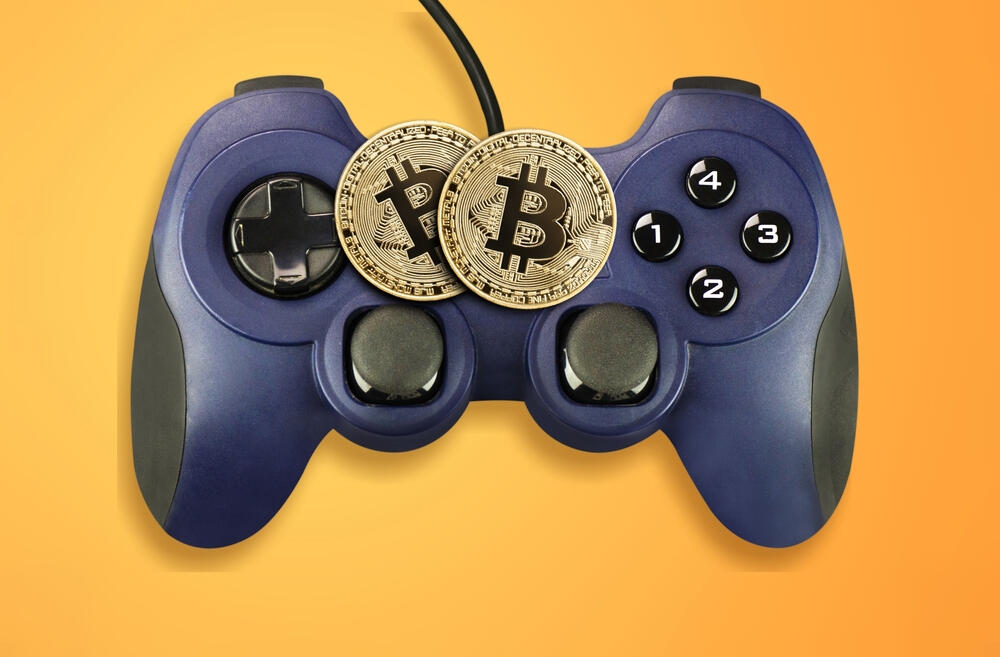
DeFi and NFTs in Gaming
Continuing from blockchain's role, DeFi and NFTs further transform your gaming experience in the Web3 world.DeFi, or decentralized finance, enables you to engage in financial transactions, like trading and earning rewards, directly within the game. It's not just about playing; it's about investment and returns too.Non-fungible tokens (NFTs), on the other hand, give you ownership of unique items within the game. These can be characters, weapons, or accessories, each represented by a singular token. They're yours, truly and fully. You can buy, sell, or trade them, often at substantial profit.DeFi and NFTs have changed gaming from a simple pastime into a potential source of income, shaping a new realm of possibilities within Web3 gaming.
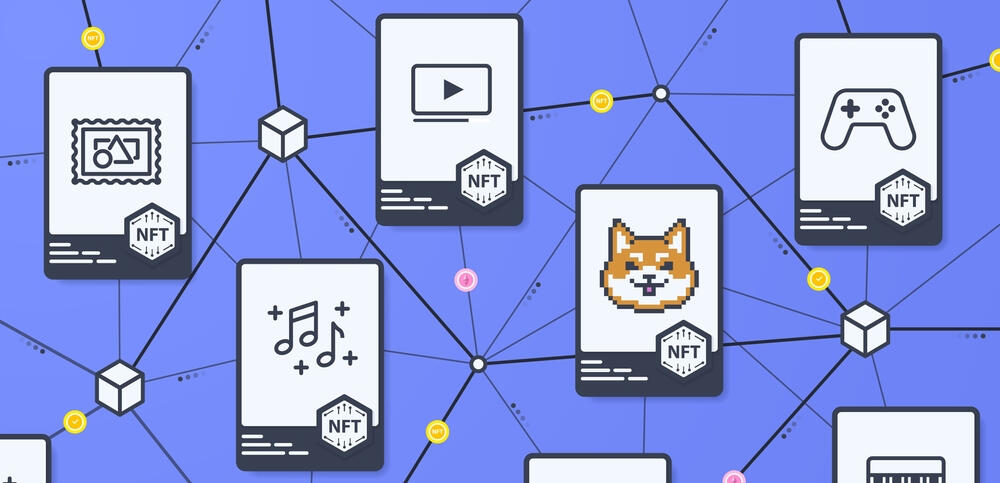
Play-to-Earn: A New Gaming Model
Embracing a revolutionary shift, Web3 gaming introduces the 'play-to-earn' model, where every minute of your gameplay could translate into real-world earnings. Unlike traditional gaming where you're just a consumer, this model makes you an active participant in the game's economy. By playing, you can earn tokens or digital assets which can be traded or sold for real money.Imagine grinding for hours, not just for fun or to level up, but also to earn. That's the promise of play-to-earn games. However, it's not all rainbows and unicorns. You'll need to be cautious about scams and dubious projects. But if you're diligent and discerning, play-to-earn gaming could be a profitable venture, transforming the gaming industry and the player's role within it.
Web3 Games Vs Traditional Games
As a gamer, I've noticed key differences when comparing Web3 game design to traditional ones. The most significant one is the use of blockchain technology in Web3 games. Unlike traditional gaming where the items you earn or buy are confined within the game, Web3 games allow for true ownership of these items. This innovative approach opens up new opportunities for players to buy, sell, or trade these items outside the game.Traditional games are known for their immersive storytelling and engaging gameplay. But web3 games are transforming the web gaming industry by giving players more control over their gaming experience. For instance, they can influence the game's development or even govern its rules. This is something unheard of in traditional gaming.Moreover, Web3 games provide a level of transparency that's absent in traditional games. Every transaction is recorded on the blockchain, making it auditable and secure. This contributes to building trust among players, developers, and investors alike.However, it's worth noting that traditional gaming companies are not being left behind. Many are exploring the potential of Web3 technology, merging their proven gaming models with the benefits of blockchain. This convergence promises exciting times ahead for gamers like me.
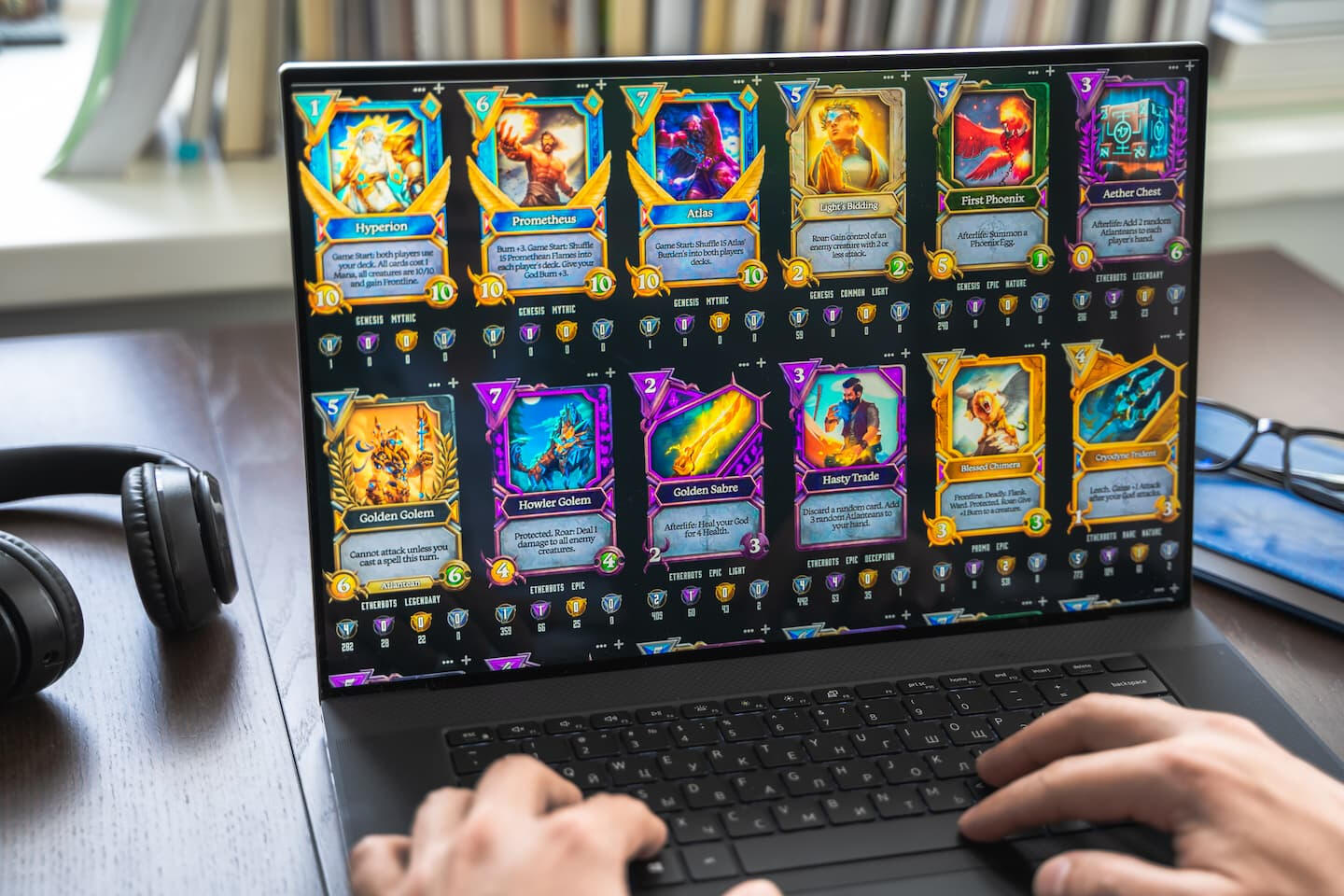
Potential Risks in Web3 Gaming
Despite the exciting potential of Web3 gaming, I can't ignore the risks it carries, such as regulatory concerns, security vulnerabilities, cryptocurrency volatility, scalability issues, and a lack of public education about the technology.When we talk about potential risks in Web3 gaming, regulatory concerns top the list. The decentralized networks of the gaming ecosystem operate in a sort of Wild West scenario, with little to no oversight. This could potentially open the doors for fraudulent schemes and unethical practices.The security of blockchain networks, such as the Ethereum blockchain, is another significant concern. Cryptocurrency wallets, where your digital ownership of assets is stored on the blockchain, can be vulnerable to hacking and flaws in smart contracts. This could lead to loss of access to in-game assets, or even worse, your hard-earned crypto.The volatility of cryptocurrencies is another risk that can't be overlooked. While one minute you might be the proud owner of a prime real estate in a metaverse game, the next minute, due to a sudden drop in crypto prices, your digital empire might crumble to dust.Scalability issues can also hamper the player experience. During high-traffic periods, transactions can become slow and fees can skyrocket, which can be a major turn-off for gamers.Lastly, the lack of public education about the technology is a significant barrier. The world of Web3 gaming is complex and without proper understanding and knowledge, players can easily fall victim to scams or make costly mistakes. So, while the promise of Web3 gaming is thrilling, it's important to tread with caution.
Popular Web3 Game Examples 2024
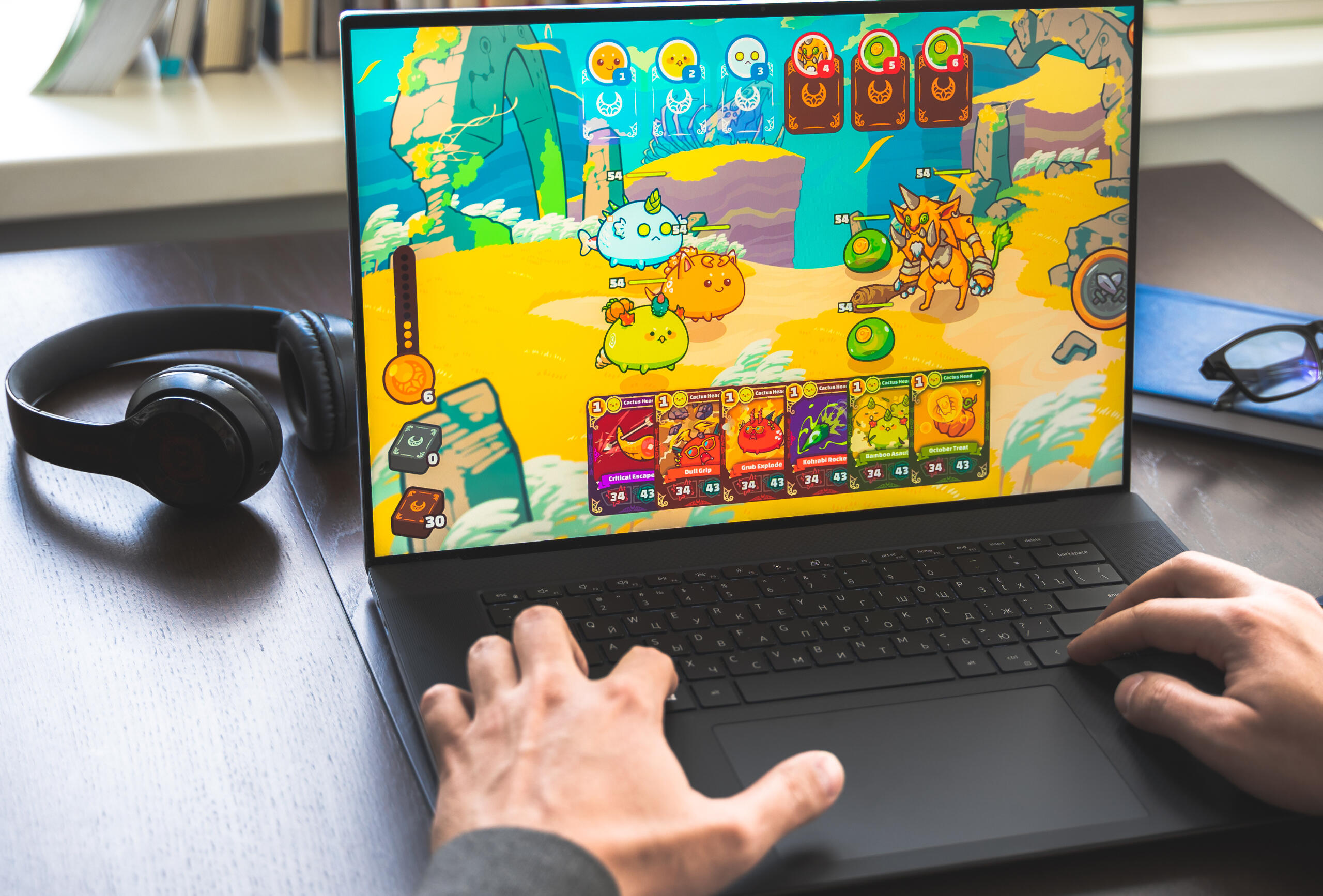
Moving on from the risks, let's delve into some popular examples of Web3 games expected to make waves in 2024. The world of web3 gaming is a vibrant, ever-evolving landscape, teeming with promise and opportunity. The buzz words are blockchain and nft, gaming DAOs, ownership of assets, and in-game transactions, all of which are reshaping the gaming industry as we know it.A shining star on the horizon is Axie Infinity, a game that's more than a game; it's a revolution in game development, a testament to the power of blockchain technology and the potential of decentralized gaming. Players are not just players; they're owners, traders, and contributors to a vibrant digital economy.But the future isn't just about Axie. New gaming platforms are emerging, bringing with them innovative approaches to player engagement and asset ownership. Games like EmberSword and Phantom Galaxies are pushing the boundaries of what's possible in a Web3 environment, offering players the chance to carve out their own destinies in virtual worlds.And let's not forget about The Walking Dead Empires, a game that combines the thrill of survival with the potential rewards of blockchain-based gameplay. It's a new kind of gaming experience, one where every in-game decision can have real-world consequences.These are just a few of the popular web3 game examples 2024 has in store. As the Web3 revolution continues to unfold, who knows what exciting new gaming experiences await us on the horizon?
Web3 Gaming Trajectory and Opportunities

Exploring the trajectory of Web3 gaming, it's evident that this burgeoning field offers a wealth of opportunities for gamers, developers, and investors alike. This shift towards web technology within the gaming universe is revolutionizing how we interact with digital worlds. As we step into this new era, there's real-world value to be discovered and created.Here are some highlights of the web3 gaming trajectory and opportunities:
True Ownership: Players can own assets and sell or trade them, creating a dynamic economy within the gaming universe.
Player Empowerment: With decentralization, players have more control and influence over game development and evolution.
New Business Models: Developers can create sustainable revenue streams through token economics and smart contracts.
Investment Opportunities: The surge in market size and economic potential makes Web3 gaming a promising avenue for investors.
Mainstream Adoption: As more gamers and developers embrace Web3, we can expect an exponential growth in popularity and adoption.
The mainstream adoption of Web3 gaming is not without its challenges, though. Distribution hurdles and the need for greater user education are some of the obstacles to be overcome. However, the potential for players to experience games in a whole new light, where they can derive real-world value from their virtual endeavours, continues to drive the industry forward.
As we delve deeper into the realm of Web3 gaming, it's clear that this isn't merely a trend or a fleeting phase. It's a revolutionary shift, signalling the dawn of a new era in gaming.